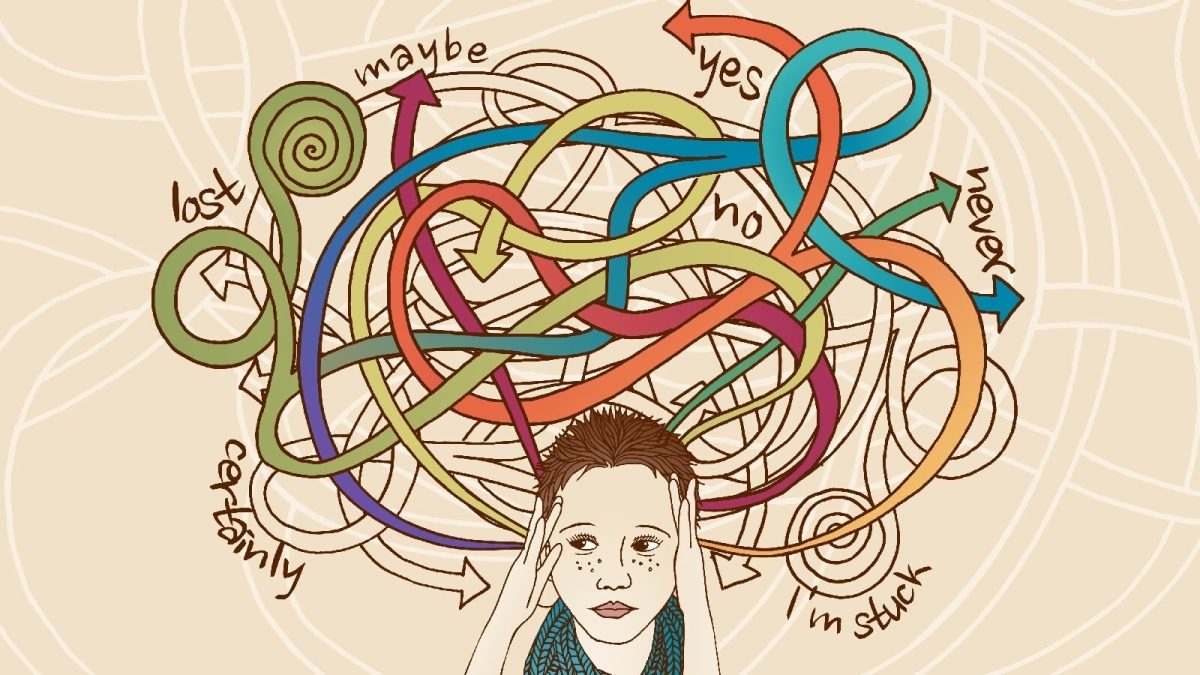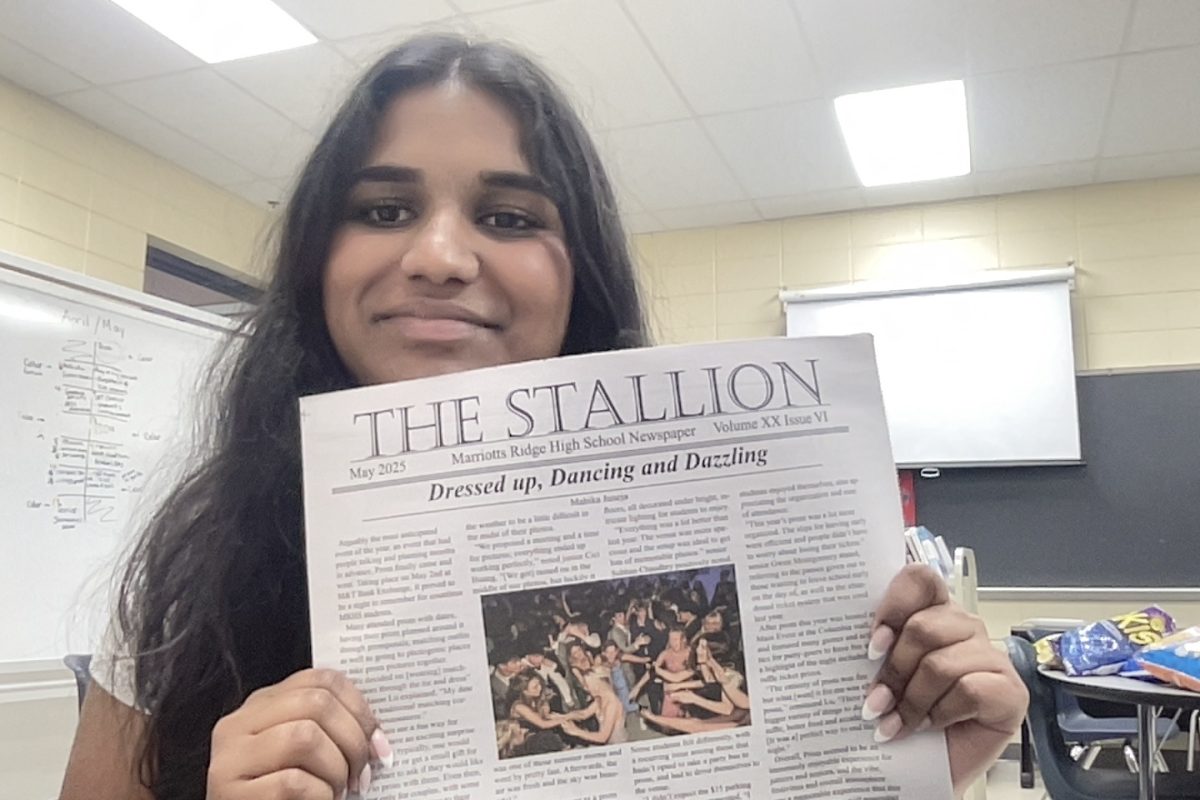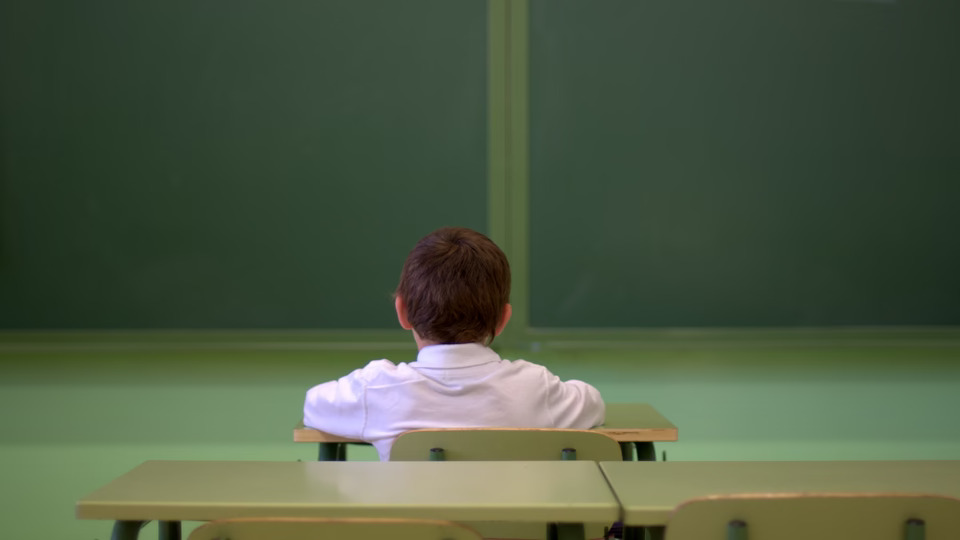Overthinking is a common experience among many, especially teenagers navigating the complexities of school, social relationship and self-identity. For many high school students, overthinking isn’t just a passing moment, it is a persistent challenge that impacts their daily lives.
Hannah Rodriguez, a junior, shares that she tends to overthink frequently, triggered by a variety of situations such as interactions that she perceives may not have gone well or when she encounters certain posts on social media. Constant mental replay can lead to questions about honesty, making her feel insecure and compelled to ensure everything is okay, even when it may not be necessary. “It gets repetitive,” Rodriguez notes, highlighting how overthinking can perpetuate doubt and anxiety.
Tyler Wilson, a junior, acknowledges that she often overthinks because she feels he could always be doing better. Self-imposed pressure can make her question her actions and contribute to frustration in her relationships. Wilson points out that overthinking has led to others becoming annoyed, as she frequently asks questions like, “What did I do?” demonstrating how overthinking can strain connections by instilling doubt and insecurity.
Social media is a major contributor to overthinking. For example, seeing that someone is active online but not responding can lead to misinterpretations and an endless loop of hypothetical scenarios.
“You can think [many] things and take [many] things out of context,” Rodriguez explains.
Indicating that the absence of immediate responses often fuels her overactive mind, this inability to shut off overthinking contributes to anxiety and a sense of insecurity for many students. Social media fuels comparison of the real and online world, creating unrealistic ideals that make others insecure.
“Social media contributes to the fact that you are not good enough,” notes Wilson.
Overthinking affects not just individuals, but the surrounding community and relationships.
“Sometimes people get annoyed because I can’t make decisions,” junior Siri Makalm explains.
Those who struggle with overthinking also tend to become indecisive, creating too many variations to a problem and debating which choices will be best or have the most ideal outcome and consequence. Overthinking can create tension and annoyance between relationships after hearing the indecisiveness in one’s voice, especially situations that are seemingly simple to solve.
Communication is one of the most important factors to influence overthinking. Without proper communication, overthinking increases among individuals.
“I like communicating in person because you can see the person’s face and how they actually react and truly mean compared to communicating over the phone, where emotions are unclear,” Makam added.
The popularity of the phone is a major contributor to lack of proper exchange of emotions, creating unclear messages, through text or call, that can make both parties participating confused and overwhelmed. Some teens like Makam attempt to avoid overthinking by communicating in person with others and have had success with portraying clear emotions by using clear facial expressions, tone of voice and body language.
Overthinking has overwhelmed many students, taking time away from education and other liabilities because of lack of communication and social media. To counteract common issues of overthinking students should limit their time on social media and communicate their message in person rather than online, ultimately leading to less confusion and clearer thoughts.










